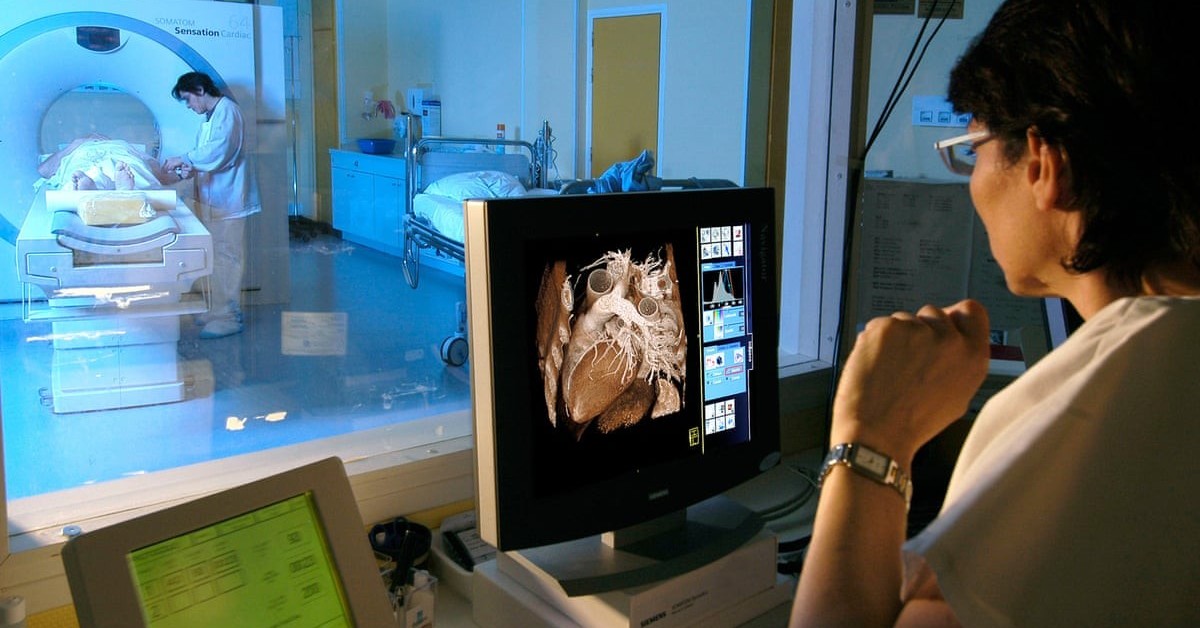
SOUTH KOREA – Researchers in South Korea have created a new AI tool that can both detect coronary artery disease (CAD) and predict serious heart problems in emergency situations.
The system utilizes deep learning to analyze coronary CT angiography (CCTA) scans and rapidly identify the degree of arterial blockage.
Developed by a team from Yonsei University Severance Hospital, Keimyung University Dongsan Hospital, and the medical AI company Phantomics, the tool utilizes the YOLO architecture –a method known for simultaneously locating and classifying objects.
This makes the scan-reading process much faster and more efficient. The researchers tested the model on data from 408 patients who came to emergency rooms with chest pain between 2018 and 2022.
The results, published in the journal Radiology: Artificial Intelligence, showed that the AI model’s analysis of artery blockage levels predicted major adverse cardiac events (MACEs) more accurately than common risk factors, such as high cholesterol or elevated troponin-T levels.
When the AI’s results were combined with traditional clinical risk factors, the prediction accuracy improved further, reaching 90%, a 14-point increase.
According to Severance Hospital, CT scans are often slow to analyze and results can vary depending on who reads them. This new tool aims to streamline the process while making it more consistent.
Not only can it detect CAD, but it also helps doctors predict which patients are at higher risk of severe cardiac events.
Dr. Jin Hur, a professor of radiology at Severance Hospital, said the study shows how AI can go beyond basic diagnosis to actually support emergency doctors in making critical treatment decisions.
Across the Asia-Pacific region, several health tech teams are using AI to improve CAD detection. In Singapore, Health BETA is building a system that includes genetic and lifestyle data to give better heart risk scores.
Three major hospitals in the country are also testing a machine learning-based tool to predict CAD more accurately and efficiently.
In Australia, companies like Echo IQ and Artrya have received U.S. FDA approval for their AI-powered tools that assist in diagnosing severe heart conditions directly from CCTA scans, often within minutes.
XRP HEALTHCARE L.L.C | License Number: 2312867.01 | Dubai | © Copyright 2025 | All Rights Reserved